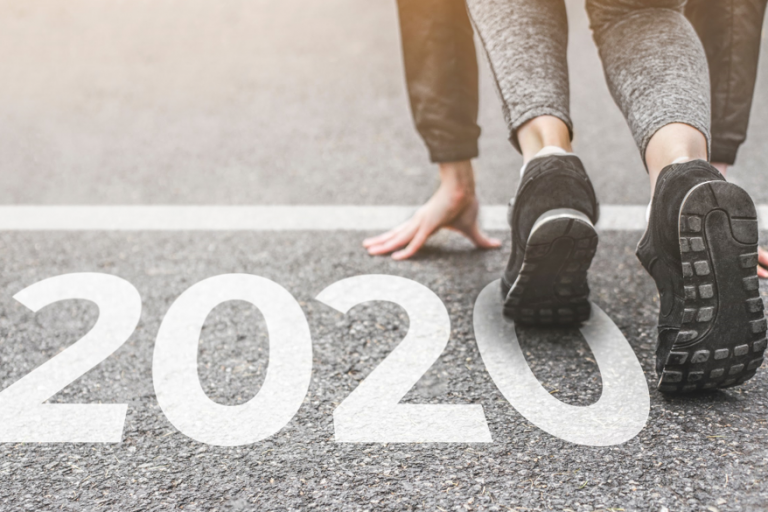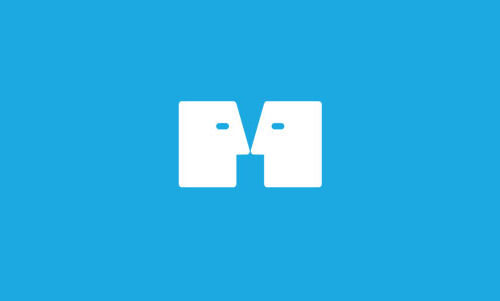Health

Makovsky
Tuesday, January 20, 2015The post CES recaps are coming out in droves (See: Venture Beat, PCMag and CNET). Headlines are similar: “ICYMI: Top Trends from CES 2015.” Let me guess; wearables, robots, 3D printing and augmented reality stole the show? Or was it the smart car, smart home or smart watch? At this point, what consumer appliance or accessory isn’t smart?
I too was at CES, enjoying every flashy gizmo and gadget, and tweeting them with delight. But it wasn’t the cute robot that brought me a soda, nor the cool ring wearable that will be but a blip on the radar screen after consumers realize they require text to be larger than a millimeter. No. The key innovation – or trend, if we must stick with industry buzz terms – was digital health, specifically, how companies are using technology to support the health and wellness of consumers and provide them with a richer quality of life. While many products certainly address aspects of digital health, the spotlight needs to be shown on the life-changing health technologies that will make us better people; from the intimacy we share as parents to the professionalism we portray to colleagues.
One of the most brilliant examples of digital health was presented by BabyBe, a device that mimics a mother’s heartbeat, voice and breathing patterns in an effort to reduce the amount of time a newborn spends in neonatal intensive care.
BabyBe uses Intel’s connected-device platform Edison to provide this technological bond between mother and child. As described by Engadget, “The most important component is the “Cradle,” a pad embedded with air bladders and heating elements, sheathed in a medically safe polyurethane. It’s supposed to mimic the density and texture of human skin… The air sacks inside mimic the heartbeat and chest movement of the mother, who can’t hold her fragile, premature child.”
My colleague placed the “Turtle” technology against her lungs while I put my hand on the “Cradle,” allowing a series of deep breaths to inflate the lungs and send chills down my spine with how life-like it felt.
Most expecting mothers and healthcare professionals know about the benefits kangarooing offers both parents and their premature babies. But kangarooing can only be conducted for one hour per day, causing emotional detachment and stress for both the baby and the parent. BabyBe helps bridge the emotional and physical gap, contributing to the growth and development of the baby’s core functions for survival.
Health. Technology. Joining together in the most innovative and miraculous ways to better the health, lives and wellbeing of your loved ones and the world. ICYMI that was CES 2015.
The convergence of health and technology will redefine what health communications means in 2015 and beyond. The stories will be written… We look forward to be there to help shape this field that impacts the lives of millions.
– Meredith Klein, Vice President, Makovsky











